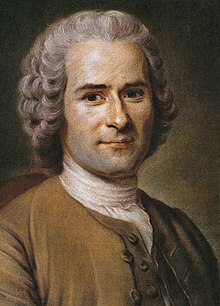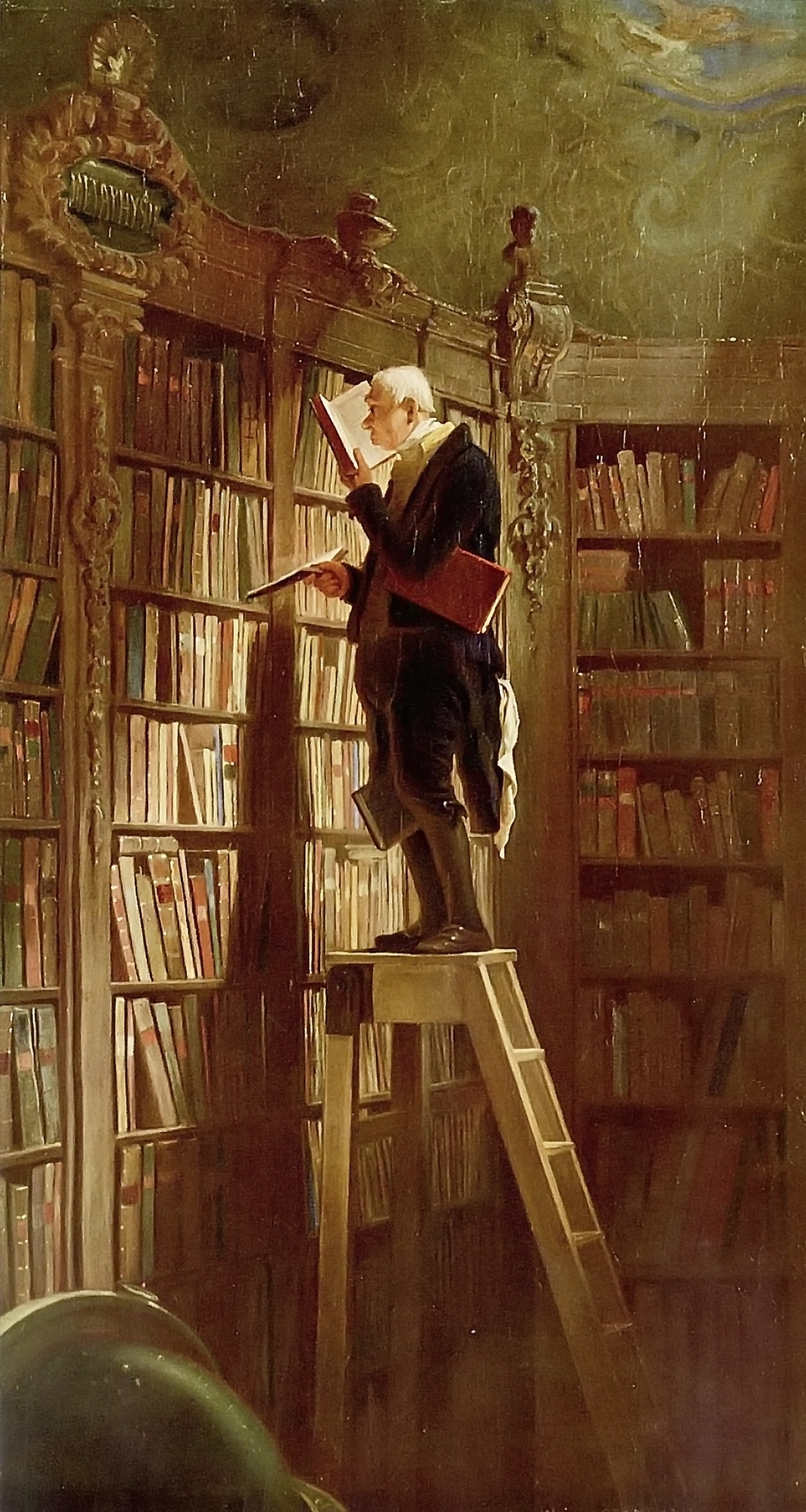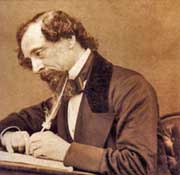
Jean-Jacques Rousseau
Origin and Foundation of Inequality Among Mankind
Origin of Inequality
「1755 「1753」」Jean-Jacques Rousseau, A Discourse upon the Origin and Foundation of the Inequality among Mankind in The Social Contract and Discourses「Google Books」translated by G. D. H. Cole (London and Toronto, 1920; Google Books: Online Library of Free eBooks).
In proceeding thus, we shall not be obliged to make man a philosopher before he is a man. His duties toward others are not dictated to him only by the later lessons of wisdom; and, so long as he does not resist the internal impulse of compassion, he will never hurt any other man, nor even any sentient being, except on those lawful occasions on which his own preservation is concerned and he is obliged to give himself the preference. By this method also we put an end to the time-honoured disputes concerning the participation of animals in natural law: for it is clear that, being destitute of intelligence and liberty, they cannot recognise that law; as they partake, however, in some measure of our nature, in consequence of the sensibility with which they are endowed, they ought to partake of natural right; so that mankind is subjected to a kind of obligation even toward the brutes. It appears, in fact, that if I am bound to do no injury to my fellow-creatures, this is less because they are rational than because they are sentient beings: and this quality, being common both to men and beasts, ought to entitle the latter at least to the privilege of not being wantonly ill-treated by the former. (172)
I see nothing in any animal but an ingenious machine, to which nature hath given senses to wind itself up, and to guard itself, to a certain degree, against anything that might tend to disorder or destroy it. I perceive exactly the same things in the human machine, with this difference, that in the operations of the brute, nature is the sole agent, whereas man has some share in his own operations, in his character as a free agent. (184)
Every animal has ideas, since it has senses; it even combines those ideas in a certain degree; and it is only in degree that man differs, in this respect, from the brute. Some philosophers have even maintained that there is a greater difference between one man and another than between some men and some beasts. (184)
Compassion, which is a disposition suitable to creatures so weak and subject to so many evils as we certainly are: by so much the more universal and useful to mankind, as it comes before any kind of reflection; and at the same time so natural, that the very brutes themselves sometimes give evident proofs of it. Not to mention the tenderness of mothers for their offspring and the perils they encounter to save them from danger, it is well known that horses show a reluctance to trample on living bodies. One animal never passes by the dead body of another of its species: there are even some which give their fellows a sort of burial; while the mournful lowings of the cattle when they enter the slaughter-house show the impressions made on them by the horrible spectacle which meets them. (197-8)



